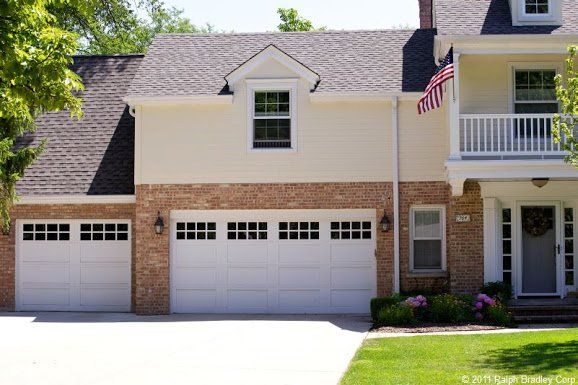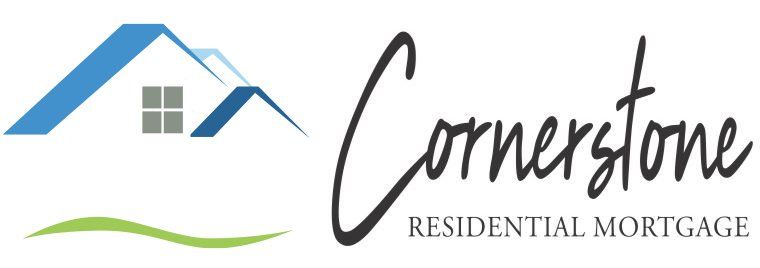The Prospective Homeowner's Guide to VA Loans
- By Admin
- •
- 09 Jun, 2020

U.S. military veterans have an extra option when they shop for mortgage loan products: Veterans' Affairs (VA) loans. These loans offer some attractive advantages and benefits, from flexible credit requirements to the ability to skip an initial down payment or private mortgage insurance.
If you have served your country and you now seek to settle down in your own home, you owe it yourself to understand some key aspects of VA loans and how they might compare with your other mortgage options. Here are some important factors to consider.
How VA Loans Work
The VA loan guarantee program began in 1944 as part of the Serviceman's Readjustment Act, which granted the VA the authority to guarantee business, home, farm, and home loans to veterans. Later acts such as the Veterans Housing Act and Veterans Housing Benefits Improvement Act expanded these benefits further.
While VA guarantees the loans, it usually does not fund them itself. You will obtain your loan through a VA-approved mortgage lender. Mortgage lenders who have extensive dealings with the military community or who work in close proximity to military towns may prove especially helpful and efficient in securing a VA loan.
Unlike several other types of home loans, VA loans do not require a down payment. You can therefore finance up to 100 percent of your VA loan if you so choose. Additionally, the VA's backing of the loan means that you don't have to purchase private mortgage insurance (PMI), a common requirement for other types of home loans.
If you need to refinance your VA loan at some point, the VA has an option for this step as well. An Interest Rate Reduction Refinancing Loan (IRRRL) requires no appraisal, credit underwriting package, or out-of-pocket financing.
Who Can Quality for a VA Loan
Both U.S. military veterans and active service personnel can apply for VA loans. The VA also welcomes applications from active or discharged National Guard and Reserve members. Surviving spouses may receive VA loans regardless of whether or not they receive Dependency and Indemnity Compensation (DIC) benefits.
Qualifying active duty service personnel must have served at least 90 days of active duty during wartime or more than 180 days of active duty during peacetime. National Guard or Reserve personnel must have at least six years of active service to qualify.
What to Expect From the VA Loan Application Process
You'll need a Certificate of Eligibility to qualify for your VA loan. You can get this document by first submitting VA Form 26-1880 (Request for Certificate of Eligibility). Your mortgage lender can help ensure that you follow the instructions correctly, provide the necessary data, and send the form to the right office.
The home you purchase through your VA loan must adhere to certain standards before your loan will go through. For instance, you may not get approved for the purchase of a home plagued with serious plumbing, electrical, or structural problems. The property must pass a Minimum Property Requirements (MPR) inspection.
How Fees and Limitations Impact Your Choice of a VA Loan
In place of PMI, the VA charges a VA Funding Fee which can vary according to individual applicants and loan circumstances. Surviving spouses and disabled applicants may enjoy exemption from this fee. Otherwise, you should weigh the VA fee against the money you'd spend on PMI before choosing a VA loan.
VA loans generally apply only toward primary residences. If you already own a home and wish merely to purchase a second home, you'll need a different type of loan to fund that purchase.
Even the ability to buy a home with no down payment has one disadvantage. When you buy a home with no money down, you start with zero equity in your property. Ask your mortgage lender whether it makes more long-term sense to make a down payment, either with a VA loan or through some other loan.
Cornerstone Residential Mortgage can help you select a VA loan or any other kind of home loan that best suits your individual needs. Contact us to learn more and set up a consultation.



